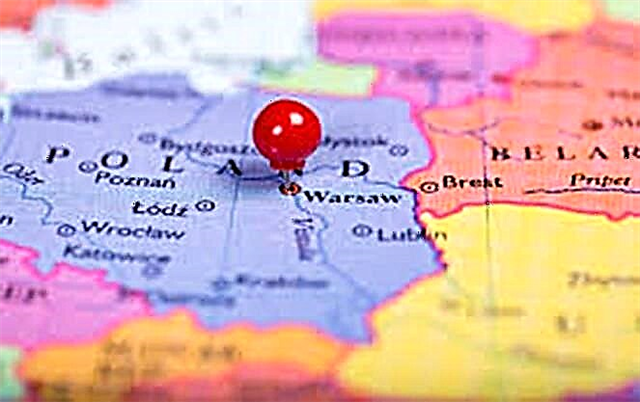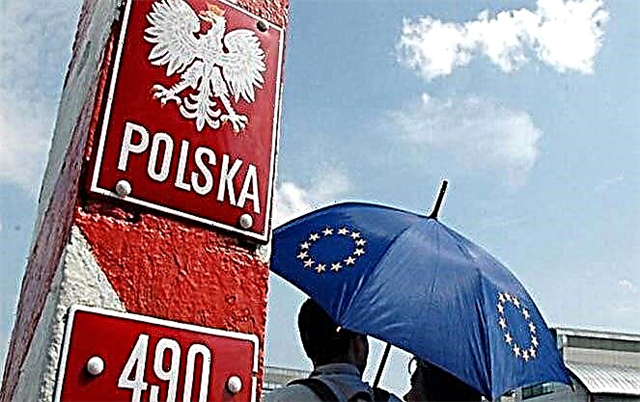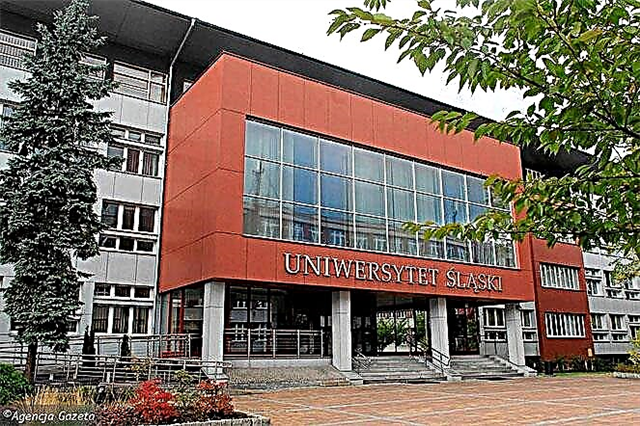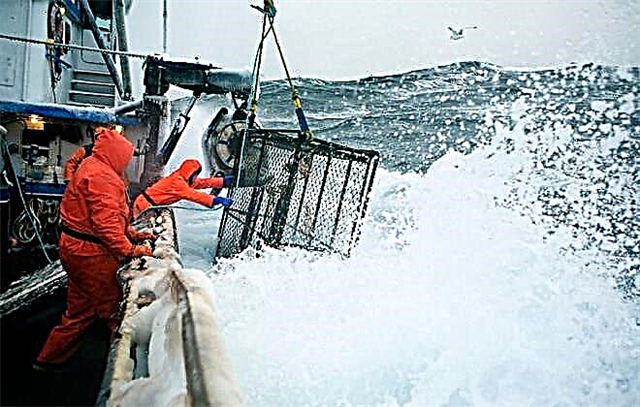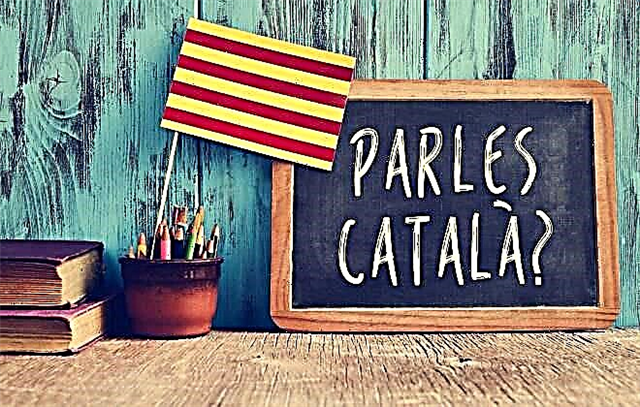Tourists who come to Barcelona, as a rule, are surprised that two languages are spoken in this region at once, both of which have state status. It is a traditional Spanish and Catalan language (catala). However, there is nothing strange in this, because Barcelona is the capital of the autonomous region of Catalonia, therefore, two similar dialects are familiar to the inhabitants of the Spanish kingdom from early childhood. And although by law Spanish is considered the official language of Spain, Catalans are very jealous of their dialect, considering it an older and undeservedly relegated state to the background.

A bit of history
No one dares to call the Catalan dialect - for a long time it was he who was the official language of the kingdom, and only in the 16-17 centuries, when Madrid became its capital, the Castilian version of Spanish was chosen as the court dialect. Gradually Barcelona, Valencia and other large cities are losing their former influence, and the Catalan language is becoming a variant that is used only by ordinary people.
There were many difficult moments in the history of relations between Catalonia and Spain, since over the course of several centuries regions with different ways and traditions were united into one state, which were not always adequately perceived in the capital. For example, the dictator Franco in the first half of the 20th century banned "regional dialects" altogether, which greatly offended the Catalans.
Apparently, for this reason, today in Catalonia, all documentation and business correspondence is conducted in catalan - this is the name of the local dialect in Spanish. All signs, plates, signs and names are decorated on it - the Catalans are jealous of this.
What is Catalan
By its sound, the language of Catalonia resembles a mixture of Spanish, French, Italian words with a characteristic Neapolitan "buzz". The fact is that its basis is Latin, and the dialect itself belongs to the Western group of Romance languages. At the same time, catala is not a dialect, but an independent language, which is a closer "relative" of French and Italian than Spanish or Portuguese. It is believed that it is very similar to the Provencal, which was common earlier in France, but only with a Spanish touch.
It should be noted that in the course of their development, Spanish and Catalan never intersected and, according to linguists, were subjected to different influences, absorbing the words and traditions of different peoples.
As you know, for a long time Catalonia belonged to France, so its language became more like French, but the Moors dominated in Madrid for almost 7 centuries, so the Castilian dialect was influenced completely differently.

Today, plays are staged in Catalan, books are written, newspapers and magazines are published. At the same time, many are interested in how it is correct: the Catalan language or the Catalan language? Russian dictionaries give an equal spelling, but the Spanish and Catalans prefer the former.
How Spoken is Catalan in Spain
Despite the fact that in Catalonia, at the official level, they try to use Spanish as little as possible, at the everyday level, as a rule, preference is given to the method of communication that is convenient for both interlocutors. The situation is worse with the official language of Madrid in remote villages, as well as in Andorra, a small independent principality located between France and Spain, where almost no one speaks Spanish. Of course, the people living here still have some kind of vocabulary learned at school, but in conversation they quickly get confused and switch to Catalan.
Catalan is also used in Valencia, the Balearic Islands and even in France - on the island of Sardinia.
And although their dialects are somewhat different, the locals, when meeting with representatives of other Catalan-speaking regions, understand each other quite tolerably.
What is the difference between Catalan and Spanish
Although the Catalan pronunciation is a bit like Spanish, this is more due to the long period of coexistence within one state, rather than a common origin. Of course, over the years, the Catalans have adopted some of the features of the Castilian dialect, but the differences are still very noticeable. They are manifested in vocabulary, grammar and phonetics.
Moreover, if you try to figure out what is the difference between Spanish and Catalan, it turns out that there are quite a few differences.
- The closeness of the Catalan vocabulary to the French language. Many words are pronounced by the Catalans in the same way as the French. For example, "please" is por favor in Spanish, s’il vous plaite in French, and si us plau in Catalan; "Sell" in Spanish will be vender, and in French and Catalan - vendre.
- An abundance of sibilants. The consonants Ж, Ш, З are absent in Spanish at all, but the French and Catalans actively use them in many words.
The list of differences can be continued, but these nuances are of more interest to linguists. And the question of how the Catalan language differs from Spanish can be answered much more simply: the point is that Catalans and Spaniards feel that they are different peoples with their own means of communication.
Are there dialects of Catalan
Like any language, Catalan has its own dialects. They are mainly used by the inhabitants of the Mediterranean coast of Spain and France.
In Valencia, for example, the Valencian language is widespread, which most experts recognize as an adverb, akin to Catalan.
In the Balearic Islands, the island of Sardinia, in the south of France, the Eastern Catalan dialect is used, in other regions of Spain the western one is more widespread.
Linguists call the separation criterion the pronunciation of unstressed vowels O, A, E. The speakers of the Western Catalan dialect pronounce them clearly - as they write. In eastern dialects, however, these sounds sound unclear, often representing a cross between E and I, O and A.
Finally
The Catalans carried love and respect for their language through the centuries, without losing it and preserving it for posterity. The original and ancient Catalan language is still spoken in Barcelona, Valencia and other cities - it is spoken by about 11 million people in different countries of the Mediterranean basin. And no matter what the ill-wishers say, this is not a dialect at all, but an independent language in which even medieval troubadours wrote their poems.


